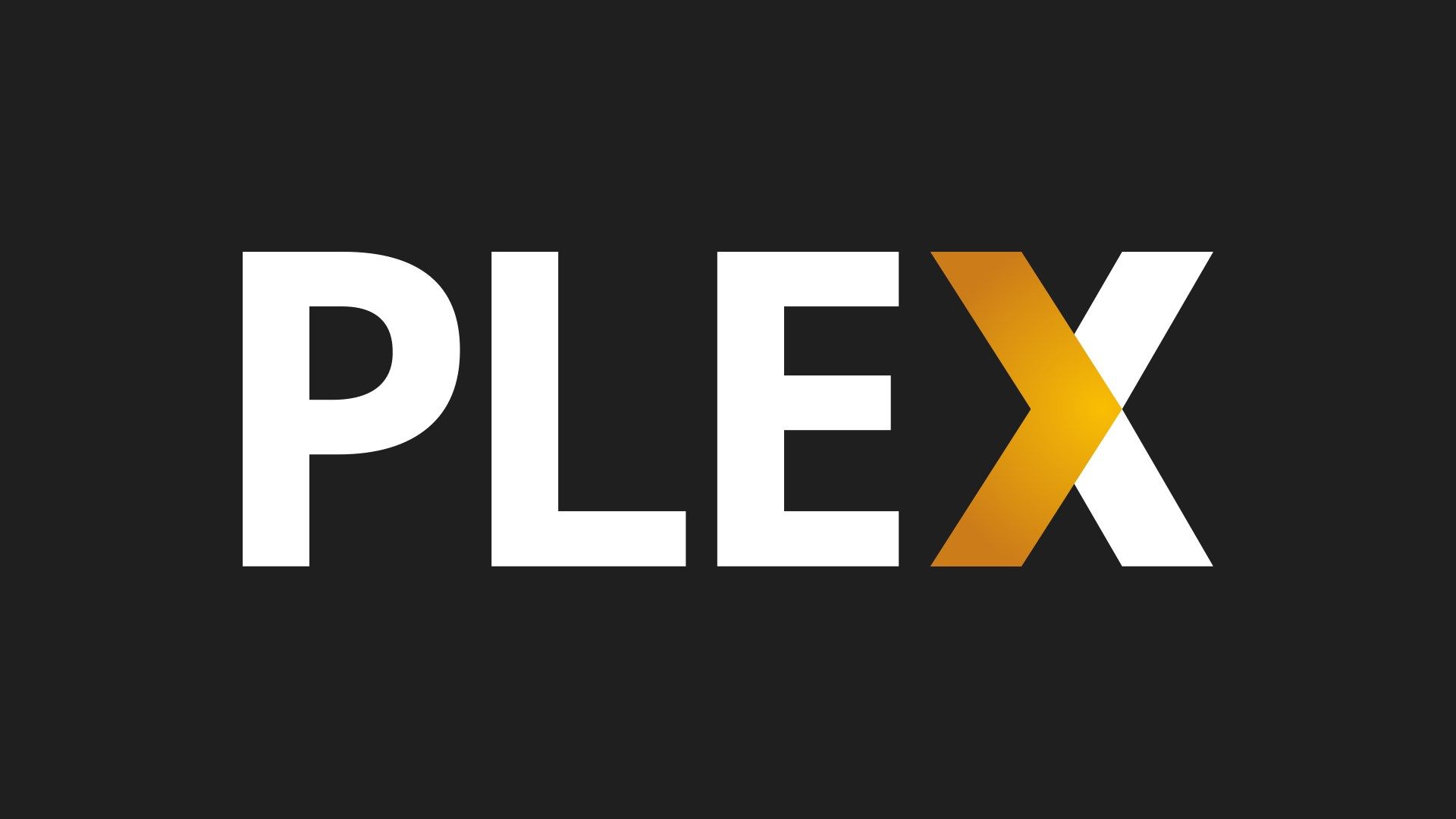I started off with the free version of Plex, as I like to try the free stuff first, with the intention of getting around any road blocks that were setup to prevent me from getting the full functionality of Plex without paying for the full version. Before I go any further, Plex is a lot of things now. They started as the eventual evolutionary merging path of computers, media content, and HD televisions. You can find plenty of specifics out there on who started what first, and when exactly some code broke off to become something else, but Plex in my opinion was inevitable. Too many geeks that enjoyed the world of torrents and peer sharing of content, over computer networks, to display in a high quality format on a big screen TV's to brag to all the friends can be so fulfilling. Plex is not illegal content sharing. While people may use it for such, that is not what makes Plex shine. Plex is the software that can turn an ordinary computer, NAS, or server into a media storage solution. This can be the tv shows or movies you watch, the music you listen to, or your library of photos.
My first setup with Plex included the server software running on my main computer. Then it became convenient to have it on my smartphone and laptop. Sharing content across these devices on the same network was very easy. The computer with an extra video output to the big screen tv in the living room was nice, but there was always cables to hide or resolutions that needed to be played with to make things perfect. At some point in time, Google came out with their chromecast that changed the world. That easy button, to cast the screen in front of you to the screen big enough for the entire family to watch made all the difference. This ended up being a default function of the next generation of tv's, the smart tv was born! Okay, maybe that wasn't how it happened, because there were actually other companies ahead of the game, but Google gets credit for being a standard feature after the birth of smart tv's. Plex being an app that could be installed on your smart tv, as well as on your smart phone or laptop, allowed users to put their content from their server on the home big screen. That was great, but Plex didn't stop there.
Plex did a great job of offering your content on the go as well as on your personal network. They did come up with some solutions to people using their free version in ways they called advanced features included in the Plex Pass, and asked that people pay a small monthly fee or a one time fee for life. Enjoying what I did of Plex, I jumped on the Life Time Plex Pass during a holiday discounted price. This enables users to have access to their media almost anywhere, without crazy setups or personal vpns being configured. It also includes tie-ins to use the Plex server as a DVR. Maybe NVR is the more correct term here, but in any case, recording content from an HDHomeRun box, converted into a stream and then saved in the preferred file format to be played back at anytime isn't anything new. The new part, is not being tied into your local cable or satellite company for their DVR. Ask your cable company to transfer over all the stuff you saved from the years you recorded stuff with the satellite company. At the time, they would have just laughed at you. Now they would probably recommend a higher end package that includes there VOD that has most of the content you probably recorded. It's probably in a cleaner format, without commercials, and overall a decent experience. Unless what you saved is not on their VOD server. Once again, probably not a big deal for most people, but for those paying attention, this can be a control issue.
To finish up here, my setup includes these parts for hardware: WD My Cloud PR 2100, 2x WD 4TB hard drives, HDHomeRun Connect Duo and Quad, Channel Master Antenna with their dual Adjustable Gain Preamplifier. The software being used is Plex directly on the PR 2100. This version of hardware was for the transcoding capabilities. (I didn't go into the problems of not being able to transcode, but I found it to be important, and life is better with the horsepower in the right place.) The Plex Pass is essential for connecting the HDHomeRun, without it you just have two separate boxes on your network doing stuff. The cost of the Plex Pass can be equal to one month of the cable company package. All of this still requires the internet, from the software updates, to the tv guide loading up. The benefit of this setup is, there is no more cable bill. There might be a way to use the HDHomeRun box to tune into channels from the cable company, but I have not tried that since they converted everything to a digital service.
